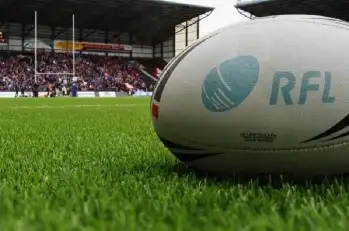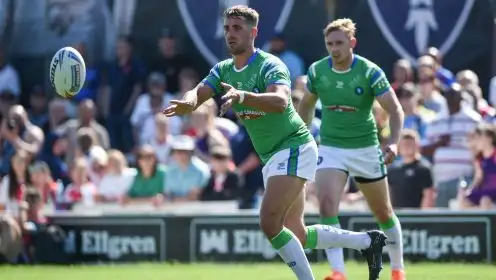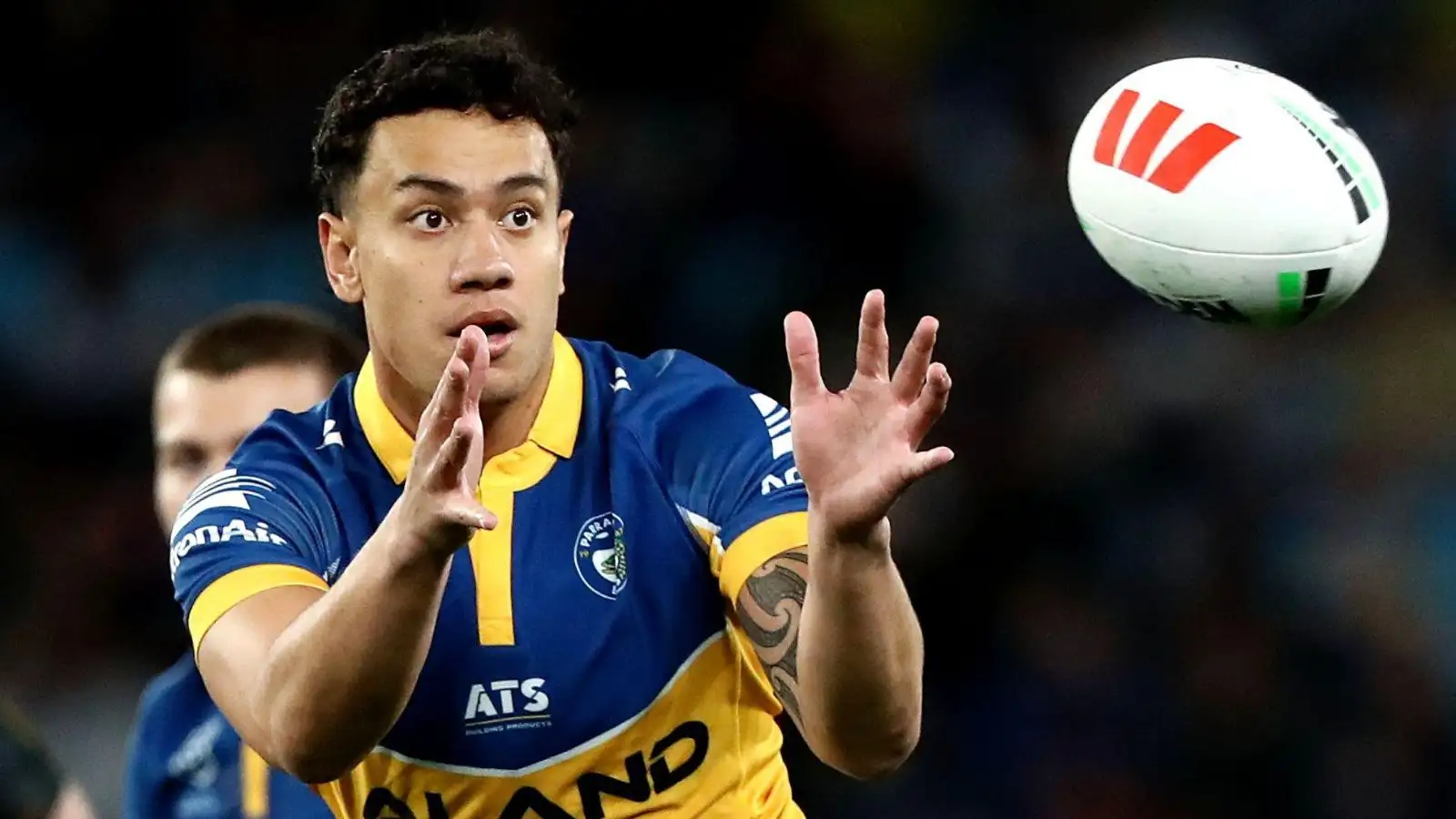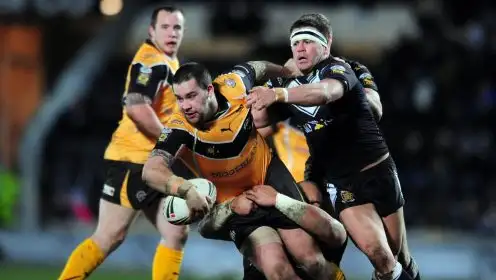RFL reveals four rule changes for 2016

The RFL has revealed four new rule changes which will apply in Super League, the Championship, League 1 and the Challenge Cup in 2016.
An RFL statement reads:
“These changes have been produced by the RFL Laws Committee, a group with game-wide representation, and relate to the rules around video referee protocol, eight point try, communications equipment for medical staff and the ability of match officials to, at the request of medical personnel, instruct a player to leave the field for a concussion assessment or if a match official has concerns that a player may have suffered a concussion to stop play and call the medical team onto the field of play to examine the player.”
Details of the changes are as follows:
Video Referee Protocol
There shall be only be one video referee appointed to live televised games for the 2016 season.
The aim of this is to speed up the video referee decision making process and reinforce the ability to overturn the referee’s live decision only when sufficient evidence occurs that the live decision is incorrect.
The ‘live call’ shall remain as per 2015 with the video referee assessing if there is ‘sufficient evidence’ to confirm or overturn the ‘live decision’. Where ‘insufficient evidence’ exists, the video referee will confirm the ‘live decision’ and this will be indicated to the referee, players and spectators via the screen.
Eight point try
A clarification has been made to the law with the objective of removing any ambiguity over action following a player being fouled in the act of scoring as follows:
(a) If a defending player fouls an opponent who is in the act of “touching down for a try”, and who proceeds to score the try, a penalty kick at goal shall be awarded by the referee after the attempt to convert the try. The penalty shall be awarded on the 10m line in front of the offending team’s goal posts. The non-offending team must kick for goal and, if the attempt for goal is successful, shall be awarded an additional two points. Whether the attempt at goal is successful or unsuccessful, the game shall be restarted, in the usual manner.
(b) The phrase “touching down for a try” refers to such a period which commences when, in the sole discretion of the referee or video referee, it is evident that a try is going to be scored by the player who is fouled and which ends when the referee awards the try or calls time off to refer the decision to the video referee or to consult with other colleagues.
(c) For the avoidance of doubt a foul which is committed (i) on any other attacking player other than the player who is “in the act of scoring a try”; (ii) at any time other than when that player is “touching down for a try” or (iii) where a try is not scored as a result of the foul play or otherwise, shall not result in a further penalty being awarded by the referee as described above, but this shall not preclude the referee taking any other action against the offending player as the referee shall in his sole discretion determine.
Communications Equipment for Medical Staff (Optional)
The current Match Day Operations Manual prohibits any electronic communications equipment being taken onto the field of play. The RFL has reviewed the role of Medical staff and believes that, particularly since the introduction of Concussion Assessments, there can be a considerable period of time during a match when doctors are unable to see what is happening on the field of play or to react to signals from the physio that their presence is required to treat a player.
The RFL has therefore determined that an exception should be provided to the prohibition such that doctors and physios may communicate by electronic communications equipment subject to the conditions set out below. Any breach of such conditions shall be Misconduct.
The medical staff must use a different set of radios to the coaching staff and operate on a wave length to which the coaching staff do not have access. This is to ensure that: (i) the medical radios are not used to communicate messages from the coaching staff or perceived to be used for that purpose; and (ii) the wave length is not blocked as this could lead to vital medical communications failing
No member of coaching staff shall use medical staff communications equipment in any circumstances
The medical staff equipment must be clearly marked either by the use of green handsets (where possible) or by using green tape to identify the equipment
Match Commissioners shall be entitled to check both the medical staff and coaching staff communications equipment before and/or after matches
Clubs are under no obligations to use medical staff communications equipment and when using it are responsible for ensuring a manual back up system if the equipment fails or the signal at the ground is insufficient for reliable communication (this should be checked before every game)
Role of Match Officials
Where a player refuses to follow the instructions of the medical staff to leave the field of play the medical staff may ask the match referee to instruct the player to leave the field. In which case the clock shall be stopped until the player leaves the field.
If a Match Official has concerns that a player may have suffered a concussion he may stop play and call the medical team onto the field of play to express his concerns and ask them to examine the player.



